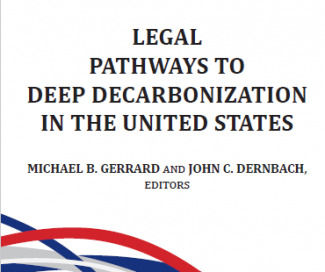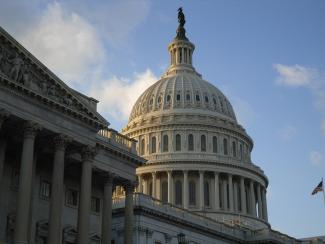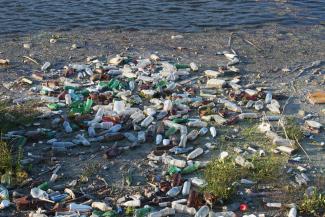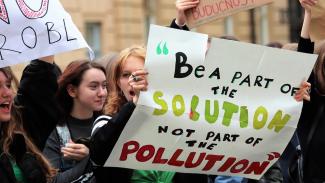Strategizing Against the Flame: What’s Next for California’s Wildfires?
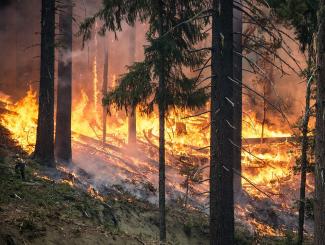
The 2018 wildfire season in California has been the state’s deadliest on record, and the 10 most deadly fires in California’s history occurred in the last four years. In a deviation from historic records, documentation of these recent fires show that their occurrence has become nearly year-round rather than seasonal. These fires pose extreme threats to 25 million acres of California’s wildlands, as well as to the 11 million people who live within the threatened area. In addition to intensifying climate change, faulty equipment and electric transmission from utility companies have contributed to the increase in wildfires in these high-risk regions. However, taking full monetary responsibility for these fires can lead to near or certain bankruptcy for the utility companies.


